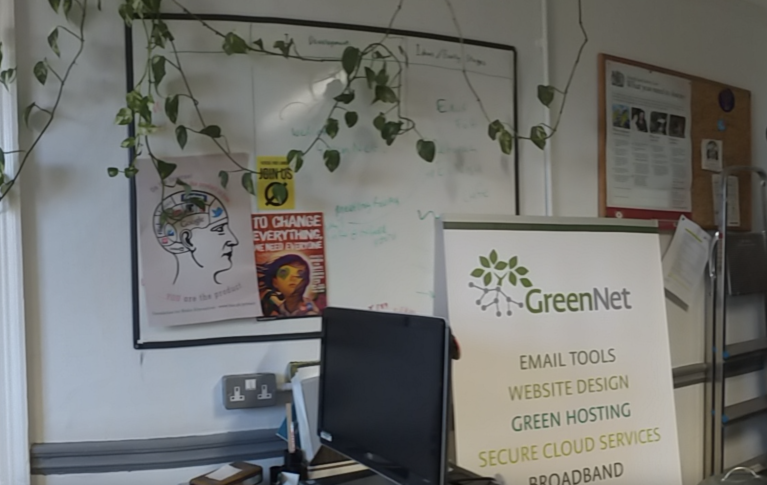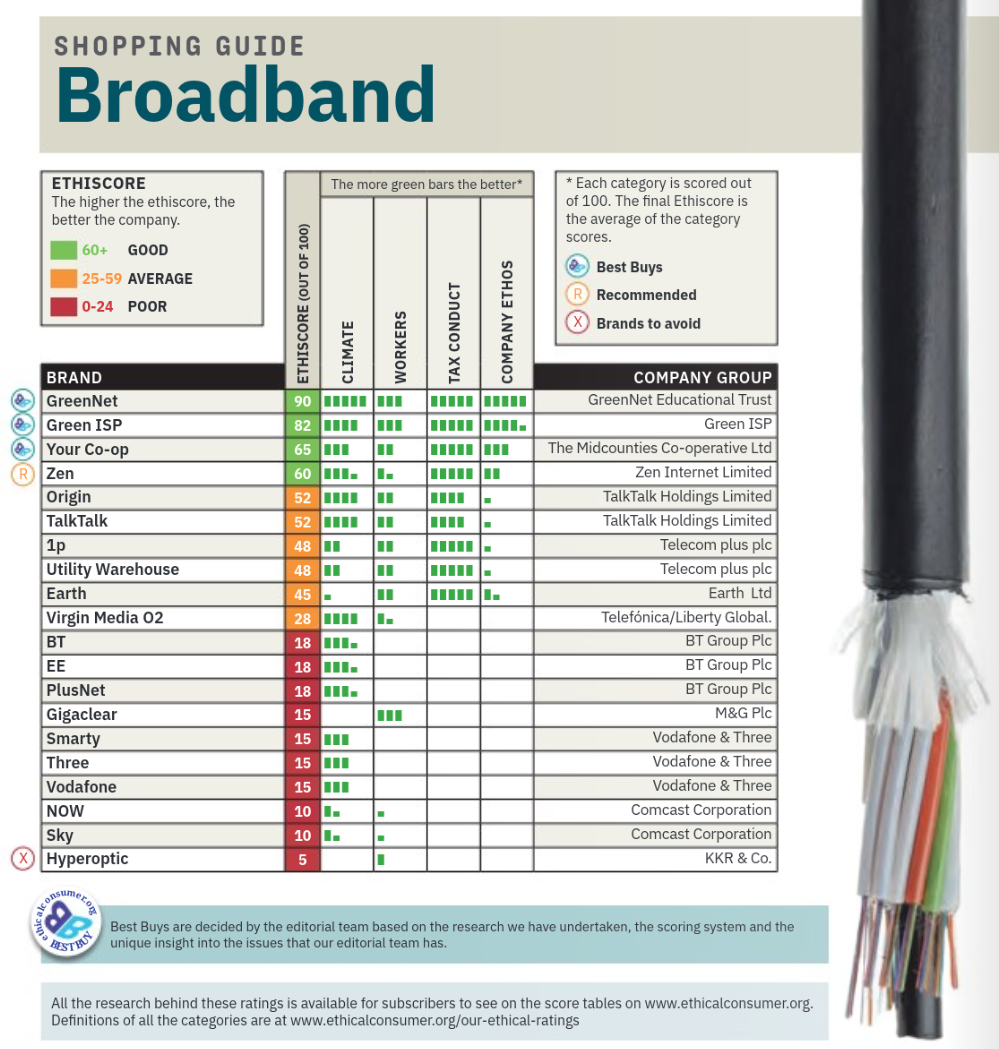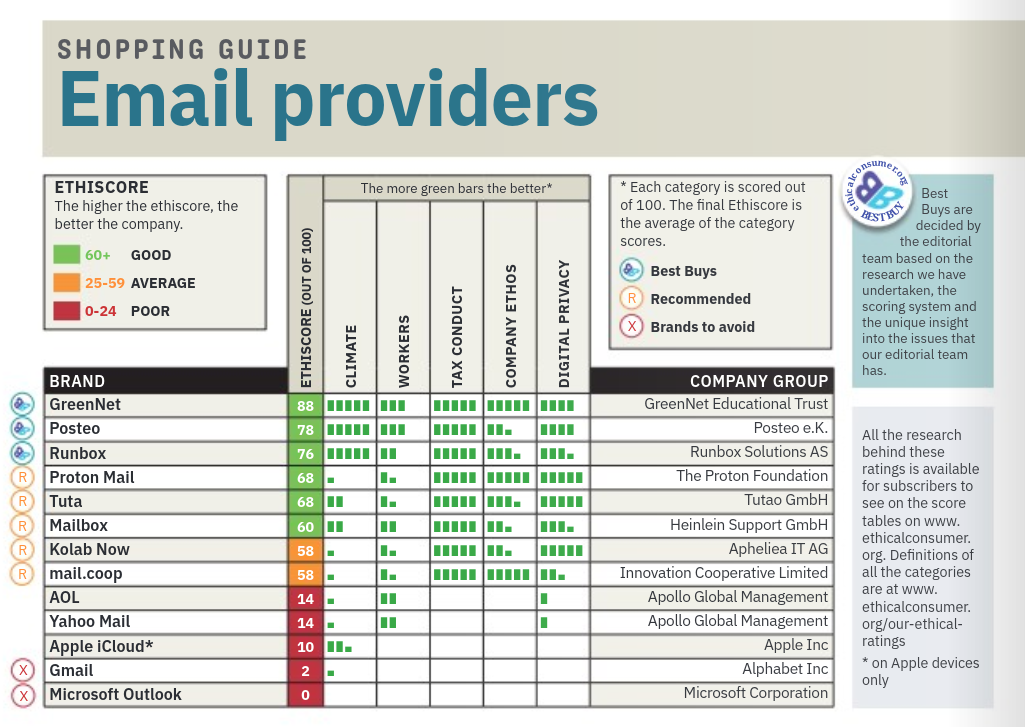
In 1985, long before artificial intelligence, the web or social media were household concepts, a group of environmentally minded tech activists came together to create tools that would strengthen networking within the green movement. They launched GreenNet, a pioneering initiative operating on environmental and human rights principles that soon connected with similar networks worldwide, including PeaceNet and EcoNet. By 1990, GreenNet joined other organisations to co-found the Association for Progressive Communications (APC), a network that now comprises 73 member organisations and 44 associate members and continues to expand.
Forty years later, while digital landscapes have evolved dramatically, GreenNet remains a key force in supporting social justice movements through ethical and accessible communications technologies. As a not-for-profit, collective internet service provider (ISP), GreenNet advocates for digital rights, sustainability and online privacy. While providing internet access, email services, web hosting and web design for its client base, almost one hundred percent of its office machines and servers run on open-source software. With this approach, it has maintained reliable alternatives to mainstream commercial models for decades.
Its impact hasn’t gone unnoticed: GreenNet was recently named the top rated provider for both broadband and email by Ethical Consumer magazine in the United Kingdom. APC celebrates this well-deserved acknowledgement of GreenNet’s longstanding and uncompromising dedication as we connect with Cedric Knight and Ed Maw to discuss GreenNet's roots, this timely award and their outlook for the future of sustainable networks.
This interview has been edited for clarity and length.
Tell us about the work that you do with GreenNet and how you joined the team.
Cedric: I first joined GreenNet as a member in 1993. I heard about it and thought, “Yes, I remember the internet from back when I was at university. I’ll get in line with that.” I was working freelance when a part-time technical support job came up at GreenNet. It was actually first line support, so it was literally sorting out people’s email clients. That was 2003, and most of us have been here longer than 20 years. GreenNet has been through quite a few changes. There is a lot of nostalgia that keeps people loyal to us.
Ed: I joined 10 years ago from Refugee Council, where I worked for 15 years. I was an interpreter and advice worker in a whole variety of roles in refugee organisations. In 2014 I flipped over to become the website project manager at GreenNet. It felt like a really good step at the time because flipping from the NGOs to the tech sector was one thing, but GreenNet is not your regular tech organisation: it’s an organisation that has values, and supports activism and campaigning. For that reason it felt like quite a natural place to end up.

GreenNet was just named the top-rated broadband provider and internet service provider by the Ethical Consumer organisation in the UK. This news is a welcome counterpoint to what we are witnessing with Big Tech and Big Data driving consumer trends. What sets GreenNet apart from other ISPs on the market and makes your services a more ethical choice?
Cedric: Ethical Consumer is a physical magazine and their premise is that people want to know the background of different companies. I don’t think it’s ever black and white, but consumers have a certain amount of citizen power to make changes, so people want to use that wisely. In the case of ISPs, what makes one more sustainable than another in some ways is simply, what do we use for our power supply? It’s a bit notional where you get your electrons from, but it’s more about where the money goes. Effectively the energy that we have to buy to run our web servers goes into relatively renewable schemes.
Ed: We have had the Ethical Consumer rating now for many years. They know our approach quite well and they understand that when internet service providers say they plant a tree for every new user, there's a difference between carbon offsetting and renewably sourced power. Those sorts of distinctions are what put us up at the top of their table. But another factor may be our long record of working sustainably.
In the case of ISPs, what makes one more sustainable than another in some ways is simply, what do we use for our power supply? It’s a bit notional where you get your electrons from, but it’s more about where the money goes. Effectively the energy that we have to buy to run our web servers goes into relatively renewable schemes.
Cedric: We also have an approach to privacy where we’ve been resisting certain moves by the government to retain data for the purposes of state investigations on principle, but also there often are cases here of surveillance on activists, and that’s something that’s quite important to us, and was part of Ethical Consumer's criteria for ratings.
Ed: We do think about these things as a core part of what we do, from what we wear on our feet to what we bring to the office for lunch, where we get our office furniture, our premises, the hardware that runs our servers – every aspect of GreenNet’s operations – compared to businesses who might just throw some money at a tree-planting scheme, which doesn’t have the same kind of built-in activism.
Cedric: We are all activists in the rest of our week. We are part of the community that we are serving – whether that's cleaning out our local rivers, supporting cycling campaigns, marching for Palestine or disrupting the international arms trade.

Organisations like GreenNet with a long and successful trajectory often collaborate with different partners. How has this impacted and improved your practice?
Ed: I think it helps GreenNet to have quite a different perspective from a lot of other UK internet businesses. About half of our customers are from outside the UK and that's really important in helping us have a wide view of the world and not be UK-centric or Euro-centric in the way that we work. We also have a mix of rural and urban customers, and customers from our local neighbourhood as well as outside London. We have a great network and APC is a big part of that.
Cedric: Without APC I’m not sure GreenNet would have survived the end of the 90s. Something we’d like to do a lot more of is sharing through APC on technical issues and the wider free software community.
To what extent are you using free software or open source in the work that you do?
Cedric: Almost entirely. There is an academic in London, Peter Willetts, who is always saying that in fact APC partners invented the modern internet because it was through that collaboration that internet working as such became popular. In the 80s you could dial up to a bulletin board but they all wanted to monopolise things so they were run as businesses, whereas we said, “Oh, it would be lovely if we could talk to members in Russia, or Costa Rica, or Africa.” That probably contributed to the development of internet in the 90s. It's been a gradual move that way and it's certainly become more and more viable to use free software. The ethos behind free software is you can do what you like with it.
Ed: It’s very activist as well. Often we're working with customers who don't have the same sort of consciousness about these issues, and giving them that explanation of the value of open source is something that happens with most of our customers sooner or later. Almost a hundred percent of our office machines and servers are open source. That’s a really important part of GreenNet, along with gender, human rights and the environment.

GreenNet was one of the founding members of APC 35 years ago and since then digitalisation has been unfolding at an extremely rapid pace. What is a major shift you have experienced in that time, and what do you see as a potential challenge in the coming years?
Ed: I remember working in the 90s for a refugee organisation based in an almost secret place in Heathrow Airport with our fax machine. We’d get faxes all the time telling us that somebody's arrived, to go and find them, to rescue them from immigration, and we thought, “This fax machine is amazing, isn’t it! Could you imagine what we would do without this fax machine?” The technology had already embedded itself in our operations so thoroughly that we could not imagine life without it. That was five years before the internet arrived in our office, and the pace of change has been so fast and accelerating. I think the big change for me is the technology seems to have overtaken our capacity to make sense of it either as individuals or as a human society.
It's now got a momentum that is hard for us to keep up with. Particularly things like mobile phones – having the internet with you all the time – is a massive change to the human organism. It's very early for us to understand the impact of that on us as humans or as a multitude. It's a really weird situation we've got ourselves into compared to sitting with the fax machine in Heathrow.
I think the big change for me is the technology seems to have overtaken our capacity to really understand it or make sense of it either as individuals or as a human society.
Cedric: We were very idealistic in the 90s in thinking of what the internet could achieve and I think it's the social dimension rather than the technological change that’s been most significant. Could we have conceived the smartphone back then? In his novel 1984, George Orwell had the “telescreen”, which was an entertainment device that spied on you, but even he didn't come up with the idea of carrying one around in your pocket. Personally I think the downward turn began when people started "top-posting" on emails. It’s a bit of a silly explanation but in fact it shows the lack of thought that goes into things. The reason why an email programme gave you a copy of what you were responding to was so that you could edit it down and respond to each point in turn underneath, to be civil, constructive and reduce bandwidth. Instead people just started writing at the top of it. Obviously it's a kind of trivial thing but it was a symptom of what's happening in a way. Internet culture has become mainstream culture, whereas it was a subculture.
Ed: GreenNet has done well by not jumping on all of the latest technical fads. Part of our strength is that we’re small and we have quite limited capacity so we’re not jumping on every techno-fashion that comes along. Some of the software that keeps the internet running is the old FOSS [free and open source] stuff and there are advantages in not embracing every new technology that comes along.
Additional resources
- Read the March/April 2025 edition of Ethical Consumer magazine, featuring full explanations of the selection criteria across all categories.
- Learn about GreenNet and its long history with APC in this 30-year anniversary retrospective.
- Good reads on technology, environmental justice and sustainability on apc.org.
- Read stories related to GreenNet on apc.org.